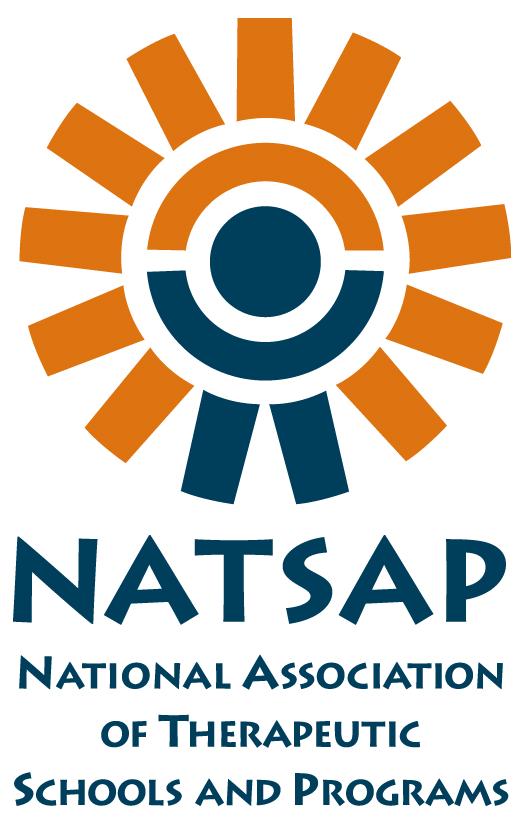Risks of teenage drinking:
Brain Development and Alcohol Abuse
- Research indicates that the human brain continues to develop into a person’s early 20’s, and that exposure of the developing brain to alcohol may have long-lasting effects on intellectual capabilities and may increase the likelihood of alcohol addiction.
- The age when drinking starts affects future drinking problems.
- For each year that the start of drinking is delayed, the risk of later alcohol dependence is reduced by 14 percent.
Drinking and Driving
- Car crashes are the leading cause of death among people ages 15 to 20.
- About 1,900 people under 21 die every year from car crashes involving underage drinking.
- Drinking drivers aged 16 to 20 are twice as likely to be involved in a fatal crash as drinking drivers who are 21 or older.
- Alcohol use interacts with conditions like depression and stress, and contributes to an estimated 300 teen suicides a year.
- High school students who drink are twice as likely to have seriously considered attempting suicide, as compared to nondrinkers.
- High school students who binge drink are four times as likely to have attempted suicide, as compared to nondrinkers.
Sexual Behavior
- Current teen drinkers are more than twice as likely to have had sexual intercourse within the past three months as teens who don’t drink.
- Higher drinking levels increase the likelihood of sexual activity.
- Adolescents who drink are more likely to engage in risky sexual activities, like having sex with someone they don’t know or failing to use birth control.
Other Risks
- Teens that drink alcohol are more likely than nondrinkers to smoke marijuana, use inhalants, or carry a weapon.
- Binge drinking substantially increases the likelihood of these activities.
Academic Performance
Approximately two-thirds of students with “mostly A’s” are non-drinkers, while nearly half of the students with “mostly D’s and F’s” report binge drinking. It is not clear, however, whether academic failure leads to drinking, or vice versa.
Reference
http://www.nih.gov/researchmatters/february2013/02112013alcohol.htm
http://www.cdc.gov/alcohol/fact-sheets/binge-drinking.htm
http://www.cdc.gov/alcohol/fact-sheets/underage-drinking.htm
Eaton DK, Kann L, Kinchen SA, et al. Youth Risk Behavior Surveillance—United States, 2011
Substance Abuse and Mental Health Services Administration. Results from the 2011 National Survey on Drug Use and Health: Summary of National Findings
http://www.dontserveteens.gov/dangers.html








